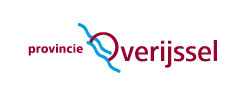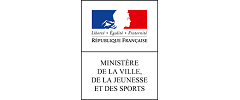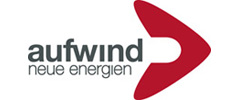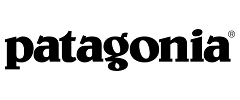Report of the Joint Workshop on Public Participation (June 2012)
- Organised by the Task Force on Public Participation in Decision-making of the Aarhus Convention and the Meeting of the Parties to the Protocol on Water and Health in cooperation with the Ministry of Environment and Forests of Romania and Women in Europe for a Common Future -
16.06.2012 |Anke Stock and Ingrid Elbertse
The first session provided a good overview of both international treaties and their synergies, furthermore Anke Stock from WECF presented an outline of the guidelines on public participation under the PWH which are being prepared by a drafting group under the PWH for the assistance of the Parties.
The second session concentrated on the main challenges of public participation. Interestingly, a case from Ireland showed that it was not enough to provide participating measures, a real commitment and belief in the benefits of public participation is needed to make it an effective measure.
Practical examples from Serbia, Moldova and Armenia were presented in a third session to give the audience an overview of how the implementation of the PWH was progressing while using participatory methods. The split up in different working groups allowed participants later to start deeper discussions of different steps of the public participation process.
The second day started with the aspect of capacity-building which was needed to facilitate effective public participation. The EBRD highlighted their concerns regarding the proper implementation of public participation by their clients/developers. To guarantee a better implementation EBRD is about to draft guidelines on public participation for private firms who receive funding for water management projects by EBRD. WECF presented their experience in the reach out to marginalised groups within their projects as well as their advocacy work.
Nanotechnology
In a parallel session WECF consultant Ingrid Elbertse gave a presentation for the Aarhus Taskforce on nanotechnology. Purpose of this Task force meeting was to consider what the next focus topics of the Aarhus Convention might be. WECF feels that public participation with the rapid development of nanotechnology and nanomaterials is sorely lacking, both due to the fact that the general public is not aware of the presence of manufactured nanomaterials in the products they buy but also because it is an emerging field and the Convention does not provide for early stage involvement of civil society in that case. All three speakers (rom WECF, EENB and ECOS) felt that another barrier for participation was the fact that budgets for civil society organisations are declining and expert knowledge cannot be provided from within the NGOís.
All presentations of the workshop will be soon available on the UNECE website (http://www.unece.org/env/pp/ppdm.html).
The afternoon was dedicated to the discussion of the draft recommendations on public participation in decision-making on environmental matters (see here http://www.unece.org/tfppdm2&pwh) prepared by the Aarhus Task Force on Public Participation. The secretariat is happy to receive comments by 2 July 2012 to public.participation@unece.org.
The Friday was split between the Aarhus group and the PWH group. The PWH drafting group on the guidelines for involving the public in consultations and decision-making processes under the PWH met for the first time. The group of about 15 experts discussed and agreed on the outline of the guidelines. A draft outline had been prepared by WECF in cooperation with the secretariat of the PWH and can be viewed on the UNECE website (http://www.unece.org/tfppdm2&pwh). This outline has now been changed and work is under way within 2012 and 2013 in order to finalise the guidelines for the Meeting of the Parties to the PWH which takes place towards the end of 2013.
Related News
Meet the Winners of the Gender Just Climate Solutions Award at COP24
On the 70th anniversary of the Universal Declaration of Human Rights, we awarded Gender Just Climate Solutions Winners at the climate negotiations in Katowice, Poland
11.12.2018
Invitation: Gender Just Climate Solutions Award 2018
10 December, COP24 Katowice
04.12.2018
Getting to the Future We Want
4-7 November, Brussels: European Environmental Bureauís (EEB) Annual Conference
12.11.2018
GoodFood4All
WECF and partners all over Europe start GoodFood4All Campaign
06.11.2018
#Ruralwomen: join our Women2030 campaign!
15.10.2018







































